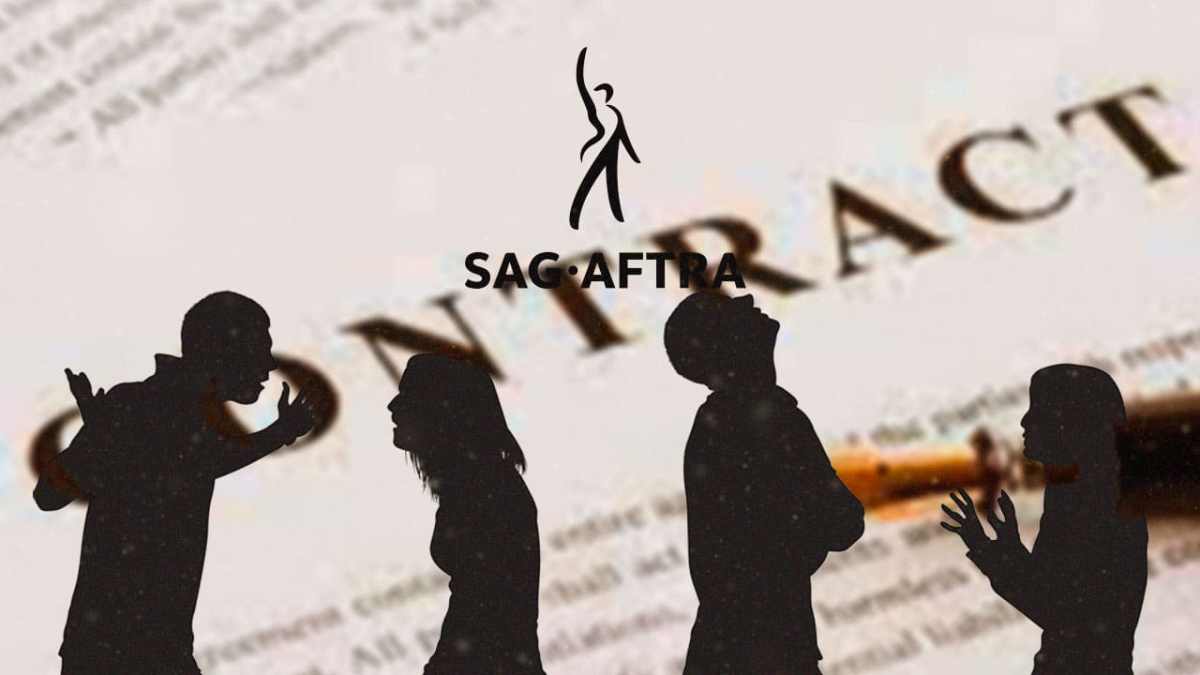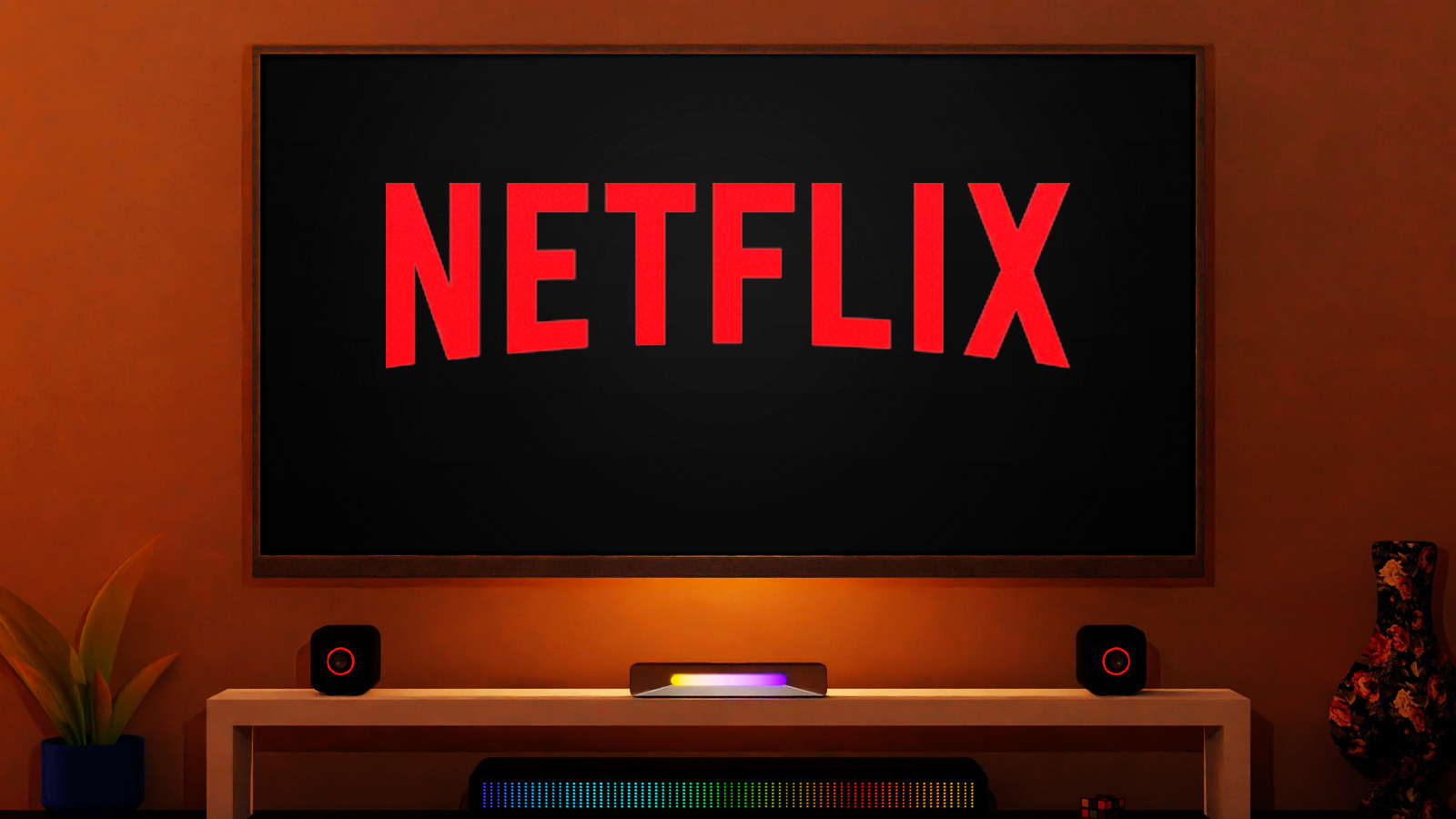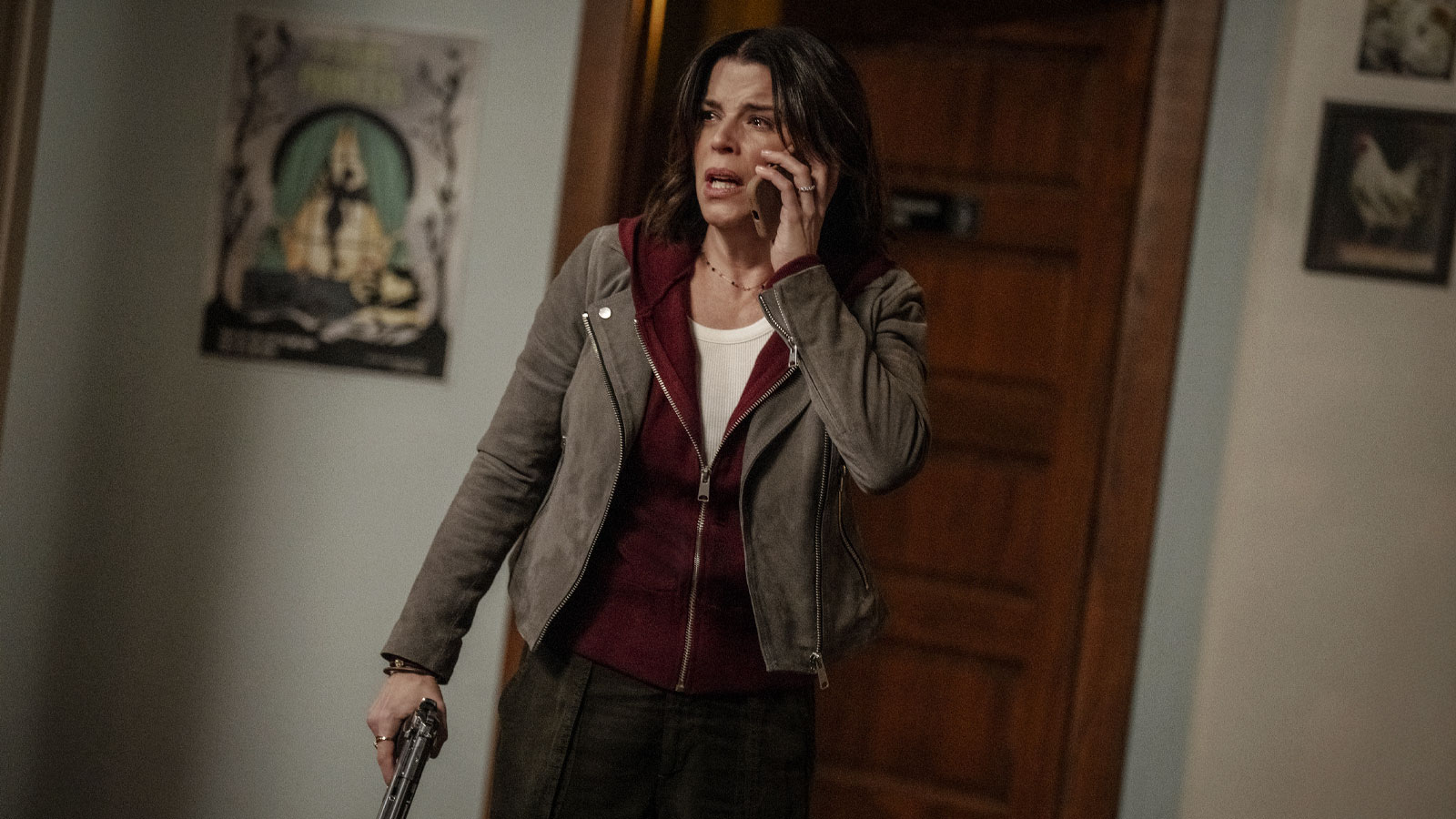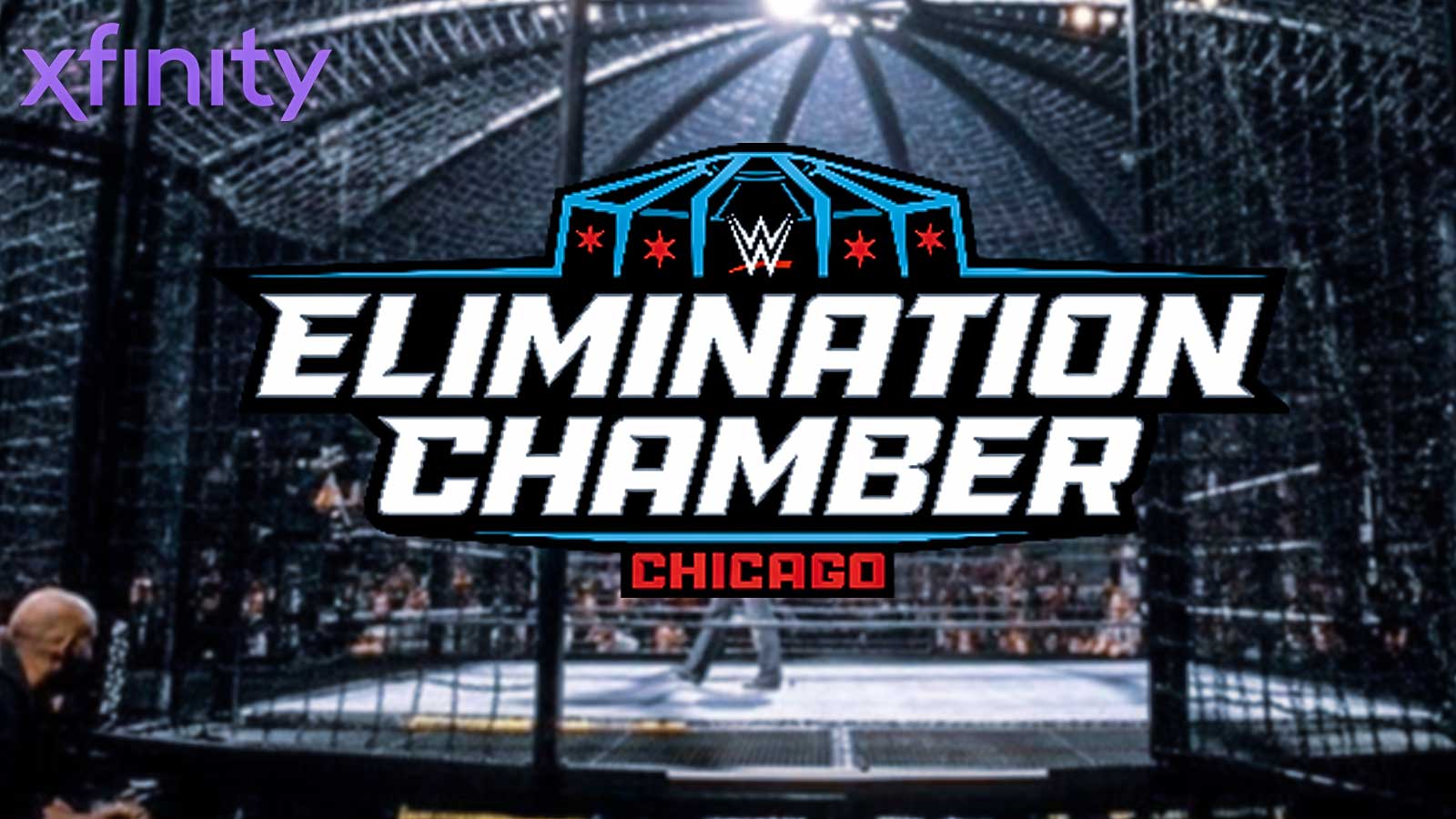Eight out of the 80 members of the SAG-AFTRA National Board voted against the new contract.
Two of the eight National Board members said they voted no because they believe the new contract does not give enough protections for actors against AI, Variety reported.
The union's negotiating committee approved the deal unanimously on Nov. 11, which ended the 118-day strike. Eighty-six percent of the board approved the deal, and the members will vote to ratify the new contract.
Some SAG-AFTRA National Board members say no to AI
Shaan Sharma and Anne-Marie Johnson both said that while there had other issues with the contract, the main point of their dissent was AI.
Johnson said, “There should be no AI. Only human beings should be used in what we create for public consumption.”
“Without staving off AI, everything we achieved is for naught. It’s a waste of time,” she continued.
Sharma, who was also an negotiating committee alternate member, stated his concerns regarding “significant loopholes” in the language around AI which still left “existential threats to some of our categories of work.”
The union released an 18-page summary of the deal on Sunday, Nov. 12 which included guidelines on AI and casting.
The guidelines did not prohibit AI and it also does very little to prevent studios from training AI based on actors' performances. The summary also stated that if AI generated a synthetic character with a real actor's recognizable facial facial feature and used that actor's name, then the studios would need the actors consent.
According to Sharma, “We didn't get any meaningful protection there.”
“If the replica doesn't give a clear impression that it's you, none of the protections apply,” he continued.
SAG-AFTRA leaders Fran Drescher and Duncan Crabtree-Ireland defended the AI language in the contract when the members met for 3.5 hours over Zoom on Monday. Union chief negotiator Crabtree-Ireland acknowledged that the tentative agreement isn't “perfect.” He also said that the union will have to keep fighting for more protections every time the contracts are up for negotiations.
Johnson said one other point of contention for her was the streaming residual bonus. Her concern centered on the streaming platforms' transparency regarding viewership numbers.
In the touted $1 billion deal, “successful” shows as those that get views equivalent of 20% of the platform's subscribers in the first 90 days that a show released.
“We should have held out for as long as it took for a percentage of their revenue. That's quantifiable,” Johnson insisted.
The SAG-AFTRA deal did have a provision that ensured studios would need the estate of a deceased actor's permission before they can use AI to use the actor's likeness. If the performer did not have an estate or representatives, the producers can ask SAG-AFTRA's consent instead.
Crabtree-Ireland said on Monday that actors can tell the union their wishes regarding AI or digital replicas. The chief negotiator gave assurances that the union will follow the actor's instruction when and if the issue comes up.
Johnson said that she will be doing just that.
“I refuse to approve any manipulation of my performance,” she stated.




















